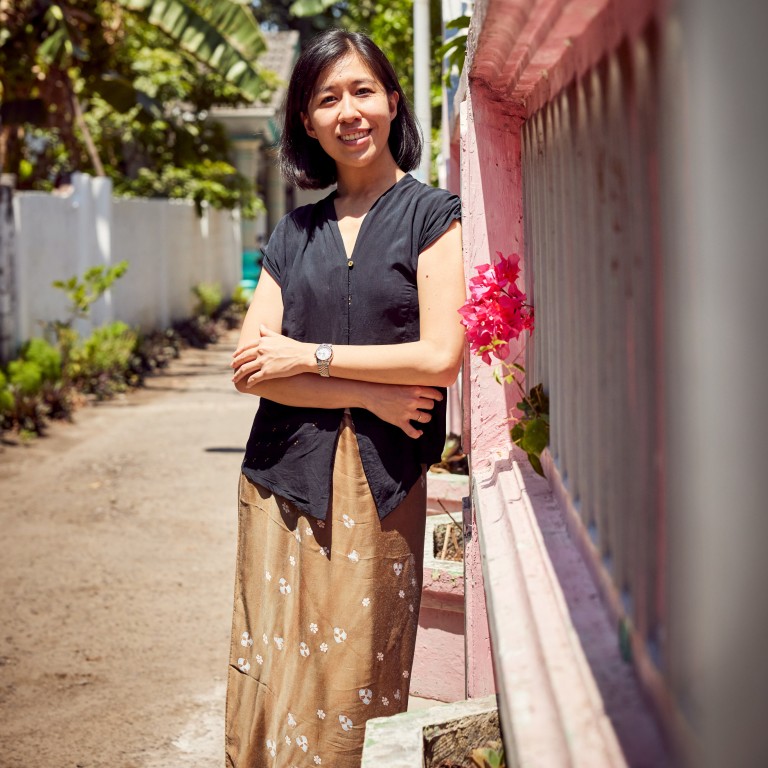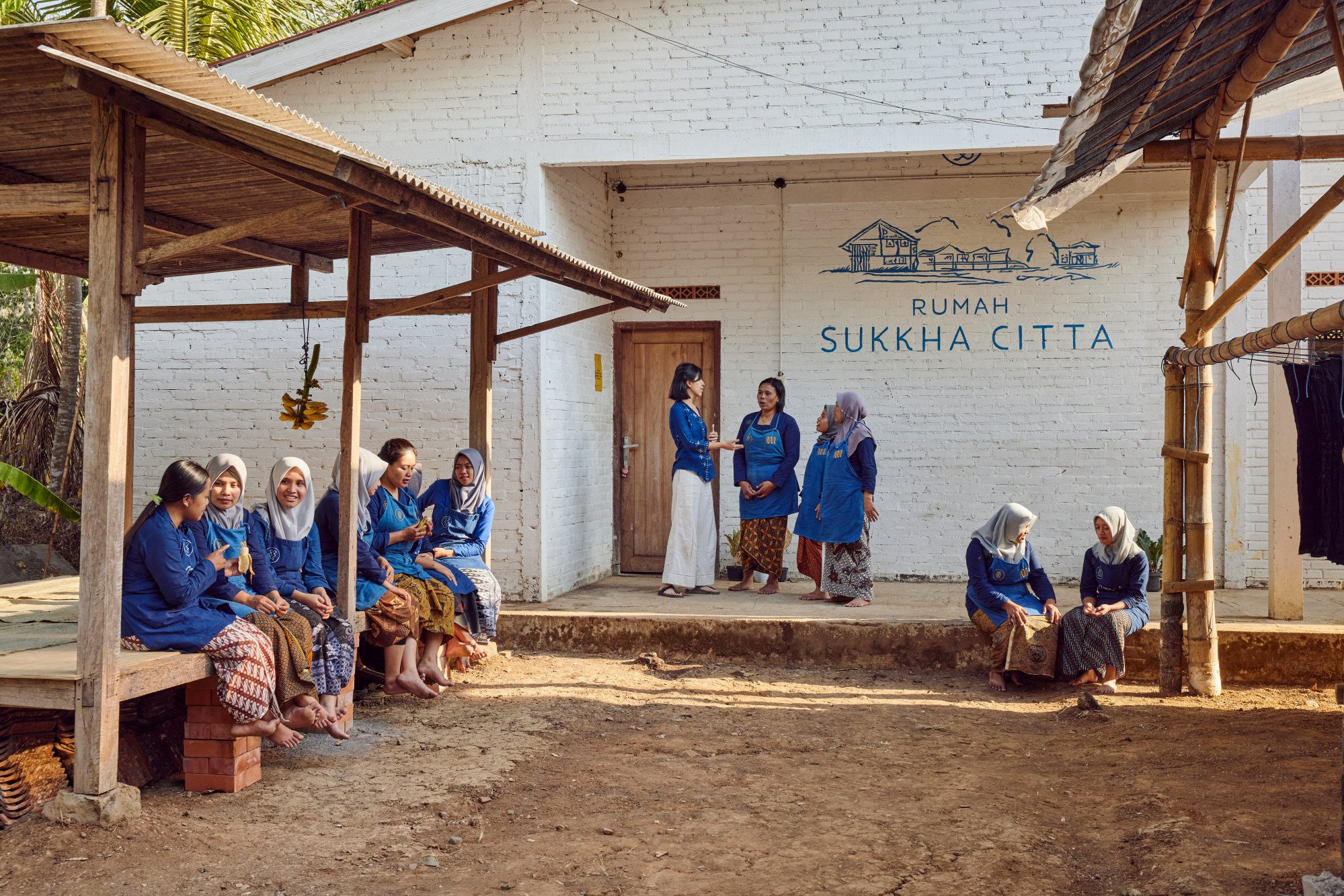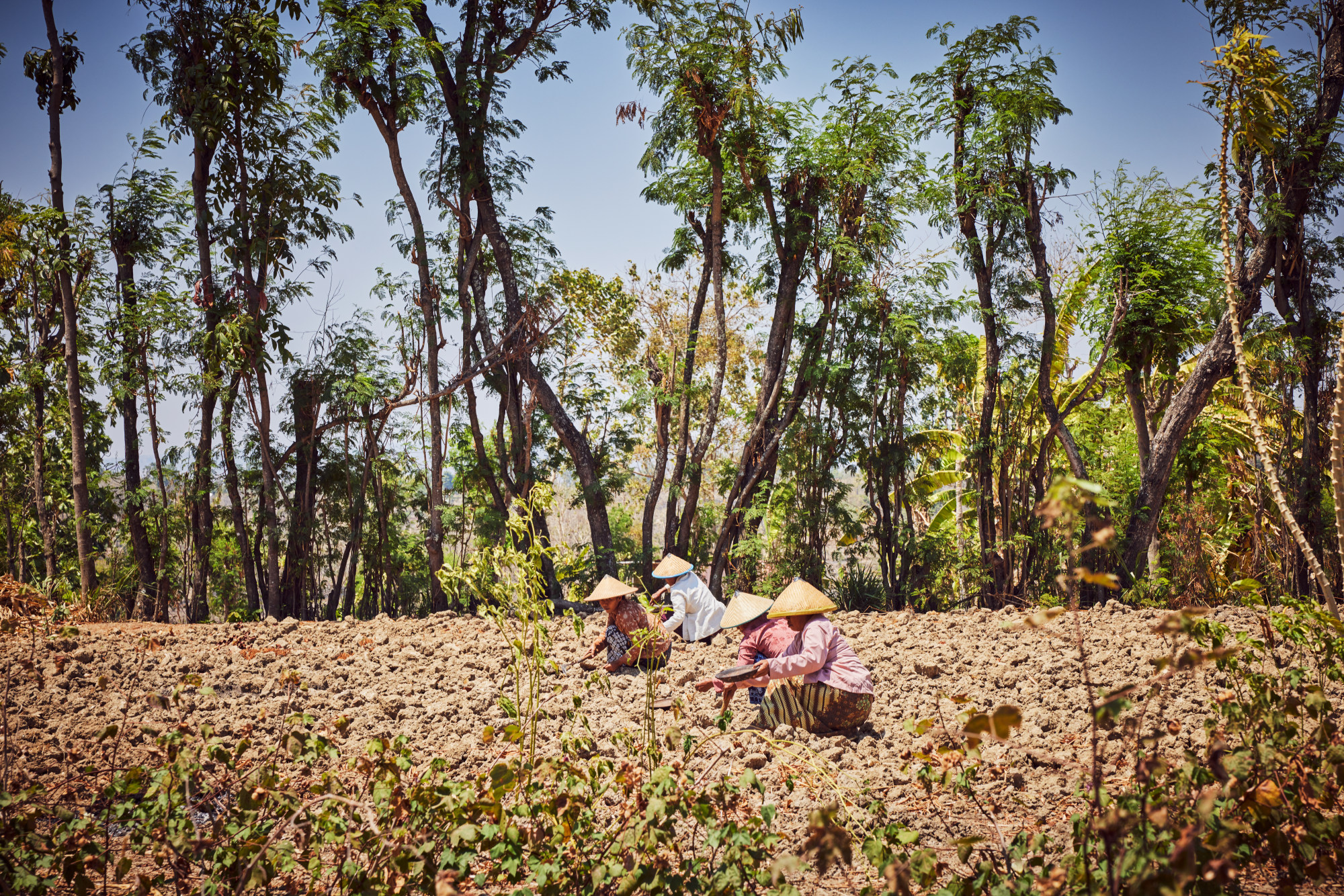Meet Indonesia’s Rolex Awards for Enterprise laureate: how Denica Riadini-Flesch, ex-World Bank economist and founder of the SukkhaCitta sustainable clothing label, is ensuring a better deal for women

When Denica Riadini-Flesch set up her social enterprise SukkhaCitta in 2016, her ambitions were modest.
“I didn’t start SukkhaCitta because I wanted to change the world,” she says. “I saw a problem and I wanted to be part of the solution.”

Hailing from the city, Riadini-Flesch hadn’t thought about how her clothes were made until she visited villages as part of her work as an economist for the World Bank.
“The problem is that the women who make our clothes are invisible,” she says. “Their lives are impacted by our choices and also their environment,” in which family responsibilities often prevent them from achieving financial autonomy. “It broke my heart: all these women who, just because of where they were born, don’t have a chance in life.”
MasterChef’s masterpieces? 7 of Gordon Ramsay’s favoured luxury watches
Thanks to SukkhaCitta’s efforts, she adds, “There’s a lot of new-found pride. They don’t need our help – they need someone to believe in them.”

The organisation emphasises clean production methods, using natural dyes and helping farmers rediscover traditional methods of growing cotton regeneratively. In one case, the result has been a sixfold increase in yield in just two years.
SukkhaCitta also provides education to the women it employs and their families – farmers in one village have even saved up to build their own school, of their own volition. She plans to scale up the educational programme with the help of the Rolex Award, translating it into more local languages.
“I want to spread the word, and the Rolex Award allows me to do that,” she says. “This is the most meaningful recognition I’ve had in my life so far. I’ve been contacted by people from all around the world since.”

- Riadini-Flesch started SukkhaCitta to ensure a fair wage for women making cheap clothes in rural Indonesia, and pays them 60 per cent more than the average
- The label practises sustainable, clean production methods and regenerative farming for the cotton it uses, while providing education to the women it employs and their families